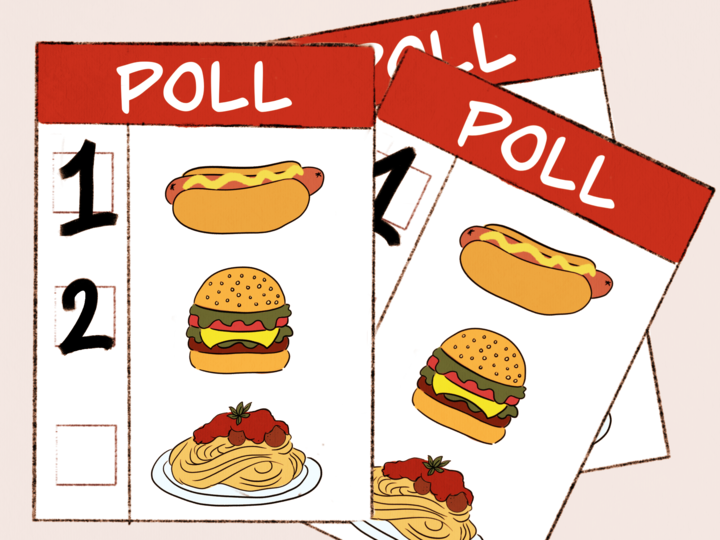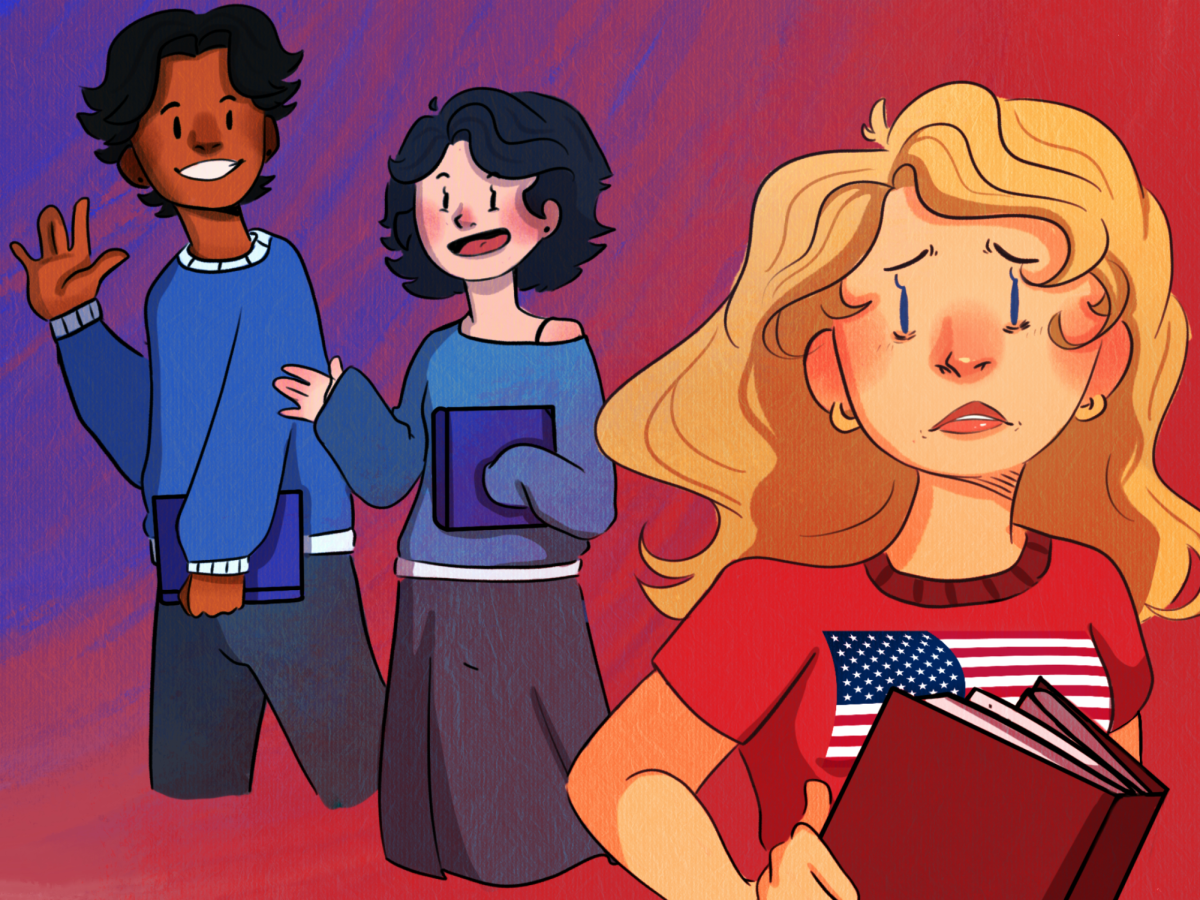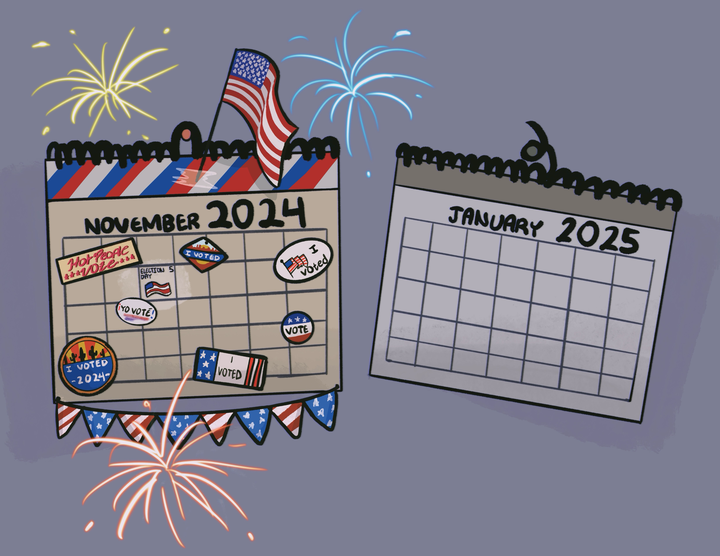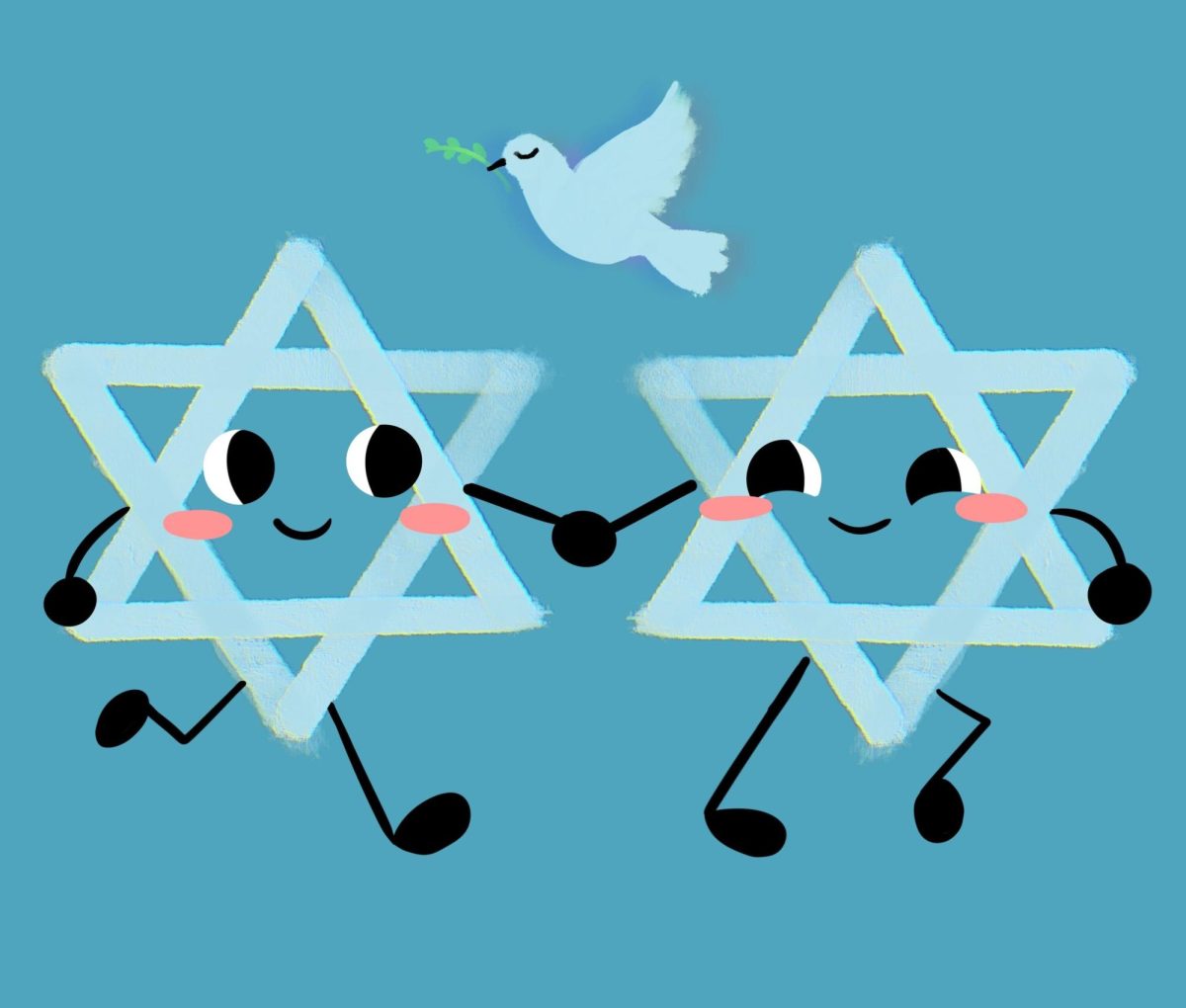After the shooting of Michael Brown two summers ago, the Black Lives Matter movement coalesced around a platform demanding criminal justice and police brutality reform. These issues — police violence, the incarceration of black Americans, the shooting of unarmed black Americans — are not new phenomena. But with viral videos and the assistance of modern technology, recent deaths of unarmed black civilians in police custody worked as an effective catalyst for the creation of the Black Lives Matter movement.
Unlike the Occupy protests of 2011 that failed to materialize any policy proposals or concrete leaders, Black Lives Matter is a well-organized, tangible campaign. Led by activists Opal Tometi, Patrisse Cullors and Alicia Garza, Black Lives Matter has twenty-six chapters across the U.S. and a 10-point plan for police brutality reform. Such reforms, which can hopefully be turned into passable legislation, include demilitarizing the police, issuing body-cams for police officers, community representation and fair police union contracts.
Black Lives Matter is a peaceful political organization that is working to improve the lives of black people in the United States. This column is not going to get into the ridiculous discussion about all lives matter versus black lives matter.
Black Lives Matter connotes an implicit “black lives matter, too,” because with higher rates of poverty, incarceration, death at the hands of the police and the myriad of other statistics concerning the systemic racism in the U.S., one would be reasonable to conclude that the U.S. does not, in fact, think black lives matter. Of course all lives matter, but that’s not the point.
Unfortunately, the point of the Black Lives Matter may be lost on most Americans due to the purposeful rejection, delegitimization and misinformation perpetuated by the right-wing media. Instead of participating in meaningful dialogue and considering the ideas presented by Black Lives Matter, conservatives have been quick to write off the movement as extremist, violent and anti-police.
Bill O’Reilly suggested they were a “hate group,” a guest on Megyn Kelly’s show said that Black Lives Matter is “a movement that promotes the execution of police officers,” and a writer for conservative news outlet Breitbart described BLM as “an anti-police political movement.” If Fox News and other conservative news outlets can convince themselves that Black Lives Matter is a violent, anti-police group, then they don’t have to engage in the difficult conversations about institutionalized racism and specifically the role of the police in perpetuating systemic inequality.
This tactic of criminalizing an opposition group is nothing new. As Assata Shakur, Civil Rights Activist and polarizing historical factor, said, “the first thing the enemy tries to do is isolate revolutionaries from the people, making us horrible and hideous monsters so that our people will hate us.”
Despite what conservatives want to believe, Black Lives Matter is a peaceful group that has only used peaceful means to establish its policy goals. Yes, black people have looted stores and killed police officers, but that doesn’t mean Black Lives Matter is encouraging or even complacently allowing this behavior, nor does it make legitimate, necessary reforms anti-police.
Furthermore, despite the so-called war on police, 2015 is on pace to be the second safest year in decades for police officers. If this pace continues, there will be 35 police officer deaths in the line of duty and 1,200 deaths of civilians at the hands of the police in the United States. Any death is a tragedy, and it goes without saying that police do some of the most important, brave and dangerous work in this country.
But meaningful reform needs to happen. The murder of black people by police officers and the lack of accountability in the justice system are tragic and, even more importantly, preventable. Delegitimizing the peaceful Black Lives Matter movement only stops the U.S. from moving forward toward a safer, more equitable future.
Follow Jacob Winkelman on Twitter.








